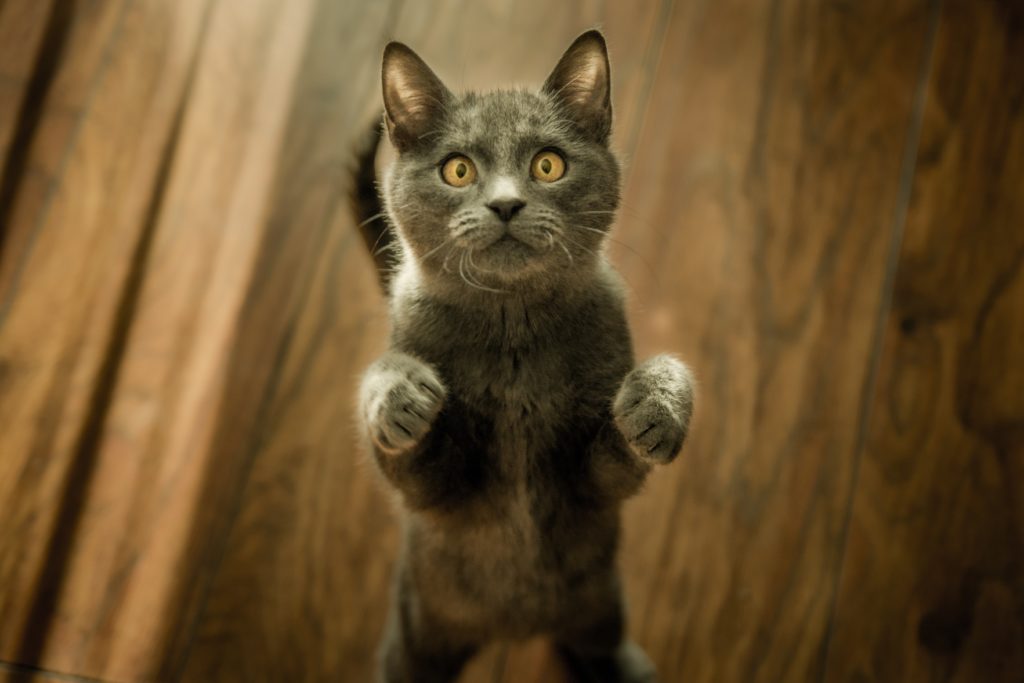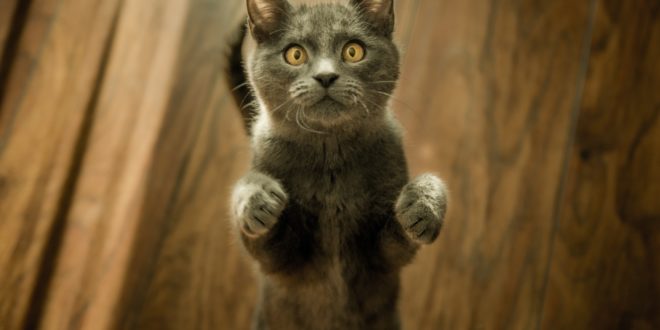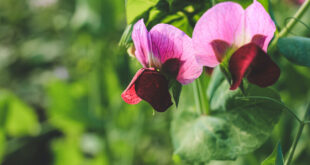Cats are curious creatures – it’s part of their charm and one of the reasons we love them. They notice and investigate any changes to your home or garden, and use their senses to check out whatever is novel. They’ll sniff an unfamiliar object, rub themselves against it, bat it with a paw, and often taste it by licking or chewing. Unfortunately, when it comes to plants, a cat’s desire to taste leaves, stems, flowers, pollen, and other parts of the plant, can lead to serious consequences for your much-loved pet. That’s because many plants, including common ones we have in and around our homes, are toxic to cats.
Indoor cats are especially vulnerable
Potted house plants can be as toxic to cats as plants grown in your garden. However, houseplants may have a special attraction for a cat which spends all or most of its time indoors because the animal often has fewer distractions going on in its life. A potted plant, especially one with flowers and foliage that move in a breeze, can soon become a plaything to be licked, bitten or chewed.
Cut flowers and foliage
Cat owners who are aware of the danger to their pet of house and garden plants can still make the mistake of buying cut flowers and foliage (or accepting a bouquet) which contains plant material that may endanger their animal.
Watch the water
As we’ve said, cats love novelty, and what could be more fun for Felix than drinking from an unusual water source. Cats will lap toxic water from the tray in which houseplants sit, or stand on hind legs to reach unsafe water from a vase. They will even drink from the water your Christmas tree is sitting in – with disastrous results.

Common plants which are toxic to cats
Various members of the lily family (including Day, Asiatic and Christmas lilies) are so highly toxic to cats that ingesting just a small amount of the plant material can be fatal to your pet.
Christmas trees, including the water in which the tree may be standing, can affect your cat’s health in a number of ways including causing them to vomit and have diarrhoea.
Hyacinths, tulips and daffodils are toxic to cats. Even their bulbs are toxic; and while you may not think your cat can access them once they are planted, bear in mind that cats commonly dig in the soil.
Poinsettias, which often arrive in our homes at Christmas time, will cause a cat to vomit.
If you love your cat, it’s time to say goodbye to chrysanthemums. These favourite plants, often given as potted colour on Mother’s Day, can affect your cat’s appetite and cause vomiting and diarrhoea.
Tips for plant-loving cat owners
- Ask your vet for a list of plants that are toxic to cats, and keep these plants out of your house and garden.
- Place cut flowers or bouquets in a room where they can be enjoyed but to which your cat doesn’t have access.
- If you suspect your cat has ingested toxic plant material, take a sample of the suspect plant with you when you head to the vet. If you have a plant label to help identify the plant, take that, too.
- Place dishes of fresh drinking water for your cat both inside outside your home so your pet is less likely to access water from unknown sources.









Join the Discussion
Type out your comment here:
You must be logged in to post a comment.